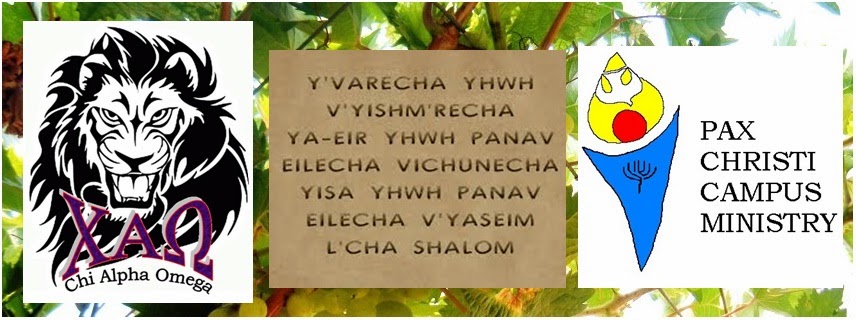“I will tell of the LORD’s unfailing love [chesed]. I will praise the LORD for all He has done. I will rejoice in His great goodness to Israel, which He has granted according to His mercy [racham] and love [chesed].” (Isaiah 63:7)
Shalom,
"For by grace are you saved through faith." (Ephesians 2:8)
Many Believers think that the Tanakh (Old Testament) is all about the law, whereas the Brit Chadashah (New Testament) is all about grace, the antithesis of the Law.
While it is true that grace is evident in the New Covenant, grace did not just appear with the coming of Yeshua (Jesus).
Grace can be found throughout the Tanakh, and it is not the antithesis or the opposite of the law. Both the Law and grace coexist together.
Not only is grace active in the Tanakh, but so is faith in the Lord. Genesis 15:6 states that "Abram believed the LORD, and He credited it to him as righteousness. (see Romans 4:3, 22; Galatians 3:6)
 Religious zealotry and fanaticism has no place among the
disciples of Yeshua outside of our "zeal for the Torah" and
"zeal for good deeds."
Religious zealotry and fanaticism has no place among the
disciples of Yeshua outside of our "zeal for the Torah" and
"zeal for good deeds."

